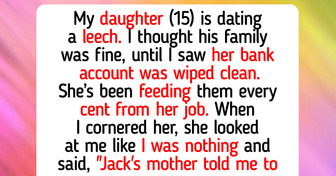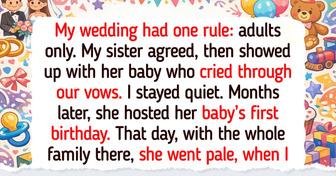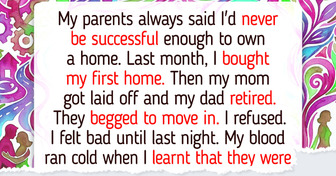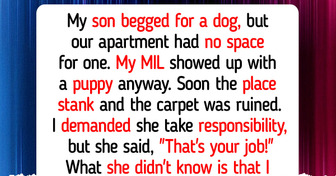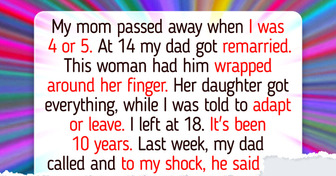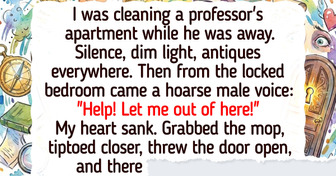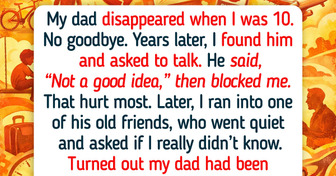12 Moments When Children Used Kindness to Silence Rude Adults

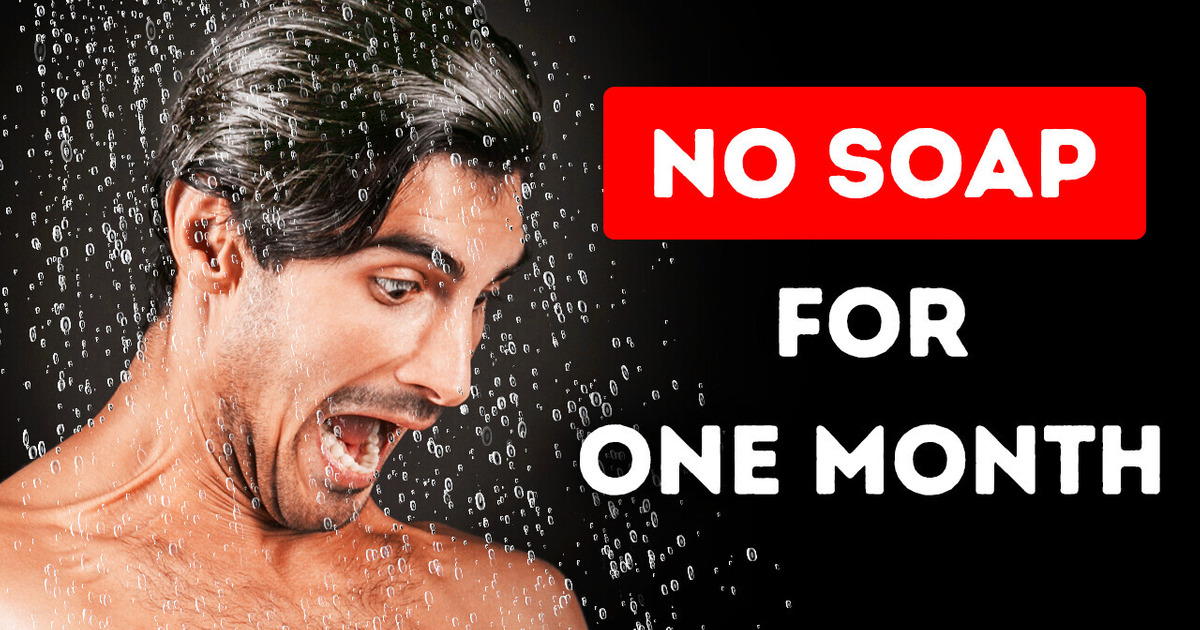
You spend an average of 8 minutes of your day in the shower. Hey I’m not there holding a stopwatch, you know — it’s just typical. Anyway, that adds up to around 6 months by the time you’re 60. All this showering takes about 11 bottles of shower gel or 30 bars of soap per year.
You also use enough water to sprinkle over 98 football fields. Not wanting to let too much time and money go down the drain, you decide to reduce your showering to just water and stop using shampoo. You’ll still wash your hands with basic soap to stay healthy.
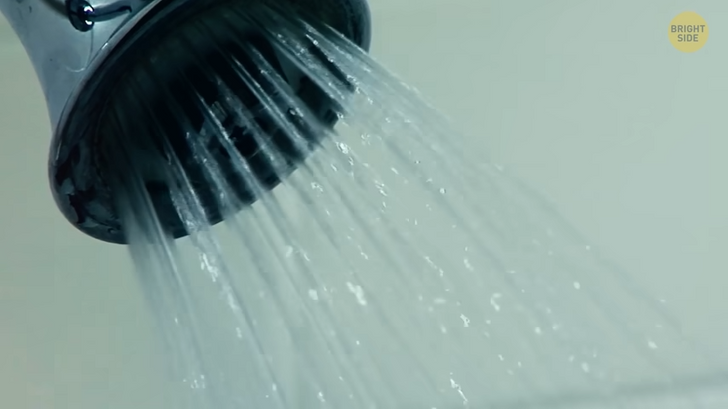
You do some research and find out 80% of all those mean bacteria that make you stink can be washed off by plain water. You don’t believe it, but you hide your soap, shower gel, and body wash and go to bed.
On Day 1 of the experiment you wake up as usual, brush your teeth, splash yourself with nothing but water, and put on some organic deodorant. You just saved 7 minutes and used that time to enjoy a cup of coffee.
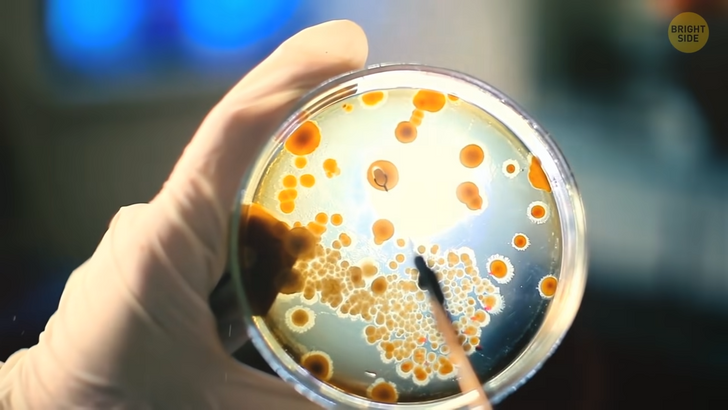
You arrive at the office and ask your friend Sam to sniff at you just to be sure. Well he looks at you like you’re crazy, what did you expect? Sam doesn’t notice any difference at all. Triumphant, you get back home and repeat your water-only shower the next morning. Your hair is starting to get a bit greasy as you washed it 2 days ago. You decide to give it another day and gradually make those gaps between washing longer and longer.
In the evening, you feel the temptation to reach for some shower gel. You really want to get a cold shower, but you realize you need higher water temperatures to combat those bacteria. Day by day, you get used to those sauna-like showers. You go to bed and see soap and body lotion in your dreams stretching their arms towards you and begging you to get back to them.
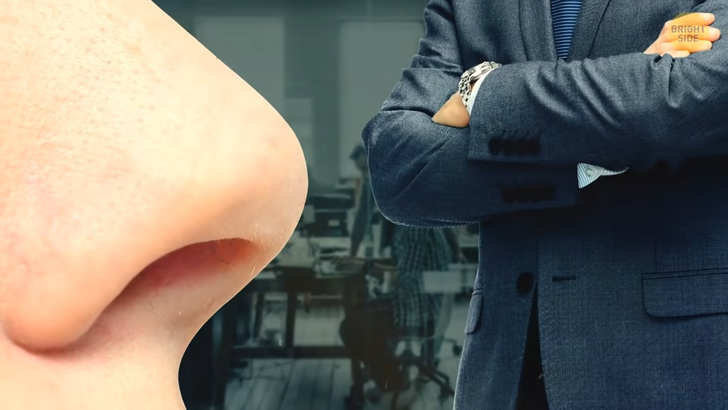
On Day 3 of the experiment, you wash your hair with water only for the first time. Before you do it, you rub your scalp to spread the natural oils. Then, you pinch it in sections to pull the oils from the roots down to the ends. You brush it well to get rid of tangles and only then you wash it with lukewarm water. You let it dry, and it feels just as clean as after shampoo.
The rest of your body doesn’t feel as clean. By day 6, you feel like you’re greasy and dry at the same time. Your abandoned soap triumphs. You reach for it about to give up, when suddenly your TV turns on by itself. It’s a whole show on how to stay clean with no soap.
It says that Romans in the first century used to take two-hour long soaks in baths of different temperatures, scrape and apply oil to feel clean. For French aristocrats in the seventeenth century, changing a shirt every day and putting some water on their hands was enough. It’s kind of a psychological thing. You have to get used to your new clean feeling. The smell of soap or body wash used to be your clean smell. Now, you have your own natural smell, and it’s okay that it’s not vanilla ice cream.
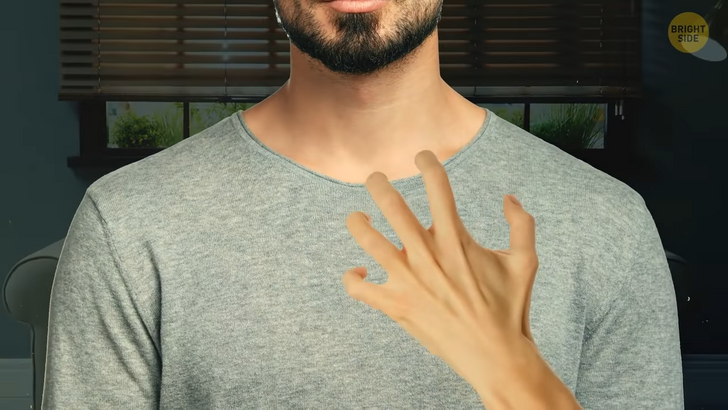
It also explains no soap doesn’t mean no scrubbing. If you just stand under running water, you won’t make the bacteria go away. You can use a washcloth, a loofah, a body brush or whatever works for you. When you scrub yourself, you remove the top layer of those skins cells you no longer need. You tell yourself you’re clean as ever, hop out of the shower and after 15 minutes, you feel your skin is crisp and impeccable.
You also notice your skin has that creamy soft glow like in a body lotion ad. The chemicals soap contains are super dehydrating. They remove the protective oils from your skin. It messes up the oil balance in its fragile ecosystem and turns it into a patchy dry desert. Water helps restore that balance.
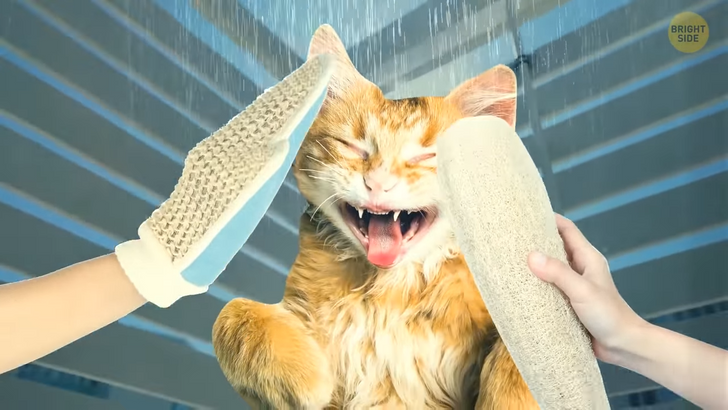
You get to work and ask Sam if he’s noticing any changes in your smell. Again, he doesn’t really get it, so you explain the experiment idea. He looks at you with approval and, surprisingly, shares some knowledge on the topic too. First, what you do for a living matters. If you work with dangerous chemicals, at a farm, as a gardener or construction worker and contact dirt, pollen and allergens, you have to shower daily and with soap.
The same is with athletes, personal trainers, and fitness instructors. Unless you’re one of them, you can go just fine with water or even no showering at all for days. Plus, you save a lot of energy when you’re driving and not running around. That’s why people of the past needed to shower more often than you do.
Second, your genetics also play a role. Your sweat glands could be more active than your neighbor’s, and you could be more likely to smell. Your colleague Jill overhears the talk and adds it’s also about what you’re wearing. Cotton lets your skin breathe better than polyester. It also lets enough moisture escape so that you don’t smell bad.
Jill also reveals her secret — she’s been taking water-only showers for a month. She always wears a long-sleeve shirt and jeans to the office, and she’s perfectly fine. Her skin doesn’t really get that dirty. She also confesses she has smelly feet, soap or no soap. As long as she’s wearing shoes like most people do in the office, no one ever notices that.

It’s been seven days since you’ve last washed your hair with lukewarm water. It feels a bit greasy, but you could tell it’s getting stronger at the roots. Because you don’t wash it with shampoo anymore, all the natural oils stay on your scalp. You are re-training it to produce just enough of them so that your hair doesn’t get greasy quickly like it used to. You repeat the hair ritual with massaging, preening, brushing, and washing.
You go on with the experiment, and by the beginning of week 3, you realize you can perfectly live without soap and shampoo in your bathroom. You go to work, meet up with your friends, and no one notices any difference. You learn to accept your natural smell isn’t roses, but it’s not dirty socks either. You also realize soap doesn’t deodorize but puts on a thin top layer of fragrance. It makes you smell fresh and clean short-term, but then it restarts the problem it just solved.
Your hair feels good like never before. It’s perfectly hydrated, soft, silky and even bouncy. It smells fresh and looks clean, so no one could tell you aren’t using shampoo anymore. It now starts to look oily 7 to 10 days after washing. It also dries faster and is easier to handle.
You save some money that used to go on shampoo, soap, shower gels and body wash. Most importantly, you now have more time in the morning and before bed. You can see your skin is healthier than ever, and you decide to give it a soap vacation every once in a while.

If you stay in this mode forever, you might have trouble with the remaining 20% of bacteria that can’t be removed by just water. Their game is especially strong in the warm and humid areas of your body. At those times you want to use more than water, you can try one of the soap alternatives.
You can make your own natural scrub from the ingredients you have in your kitchen. Oatmeal, honey and plain yogurt mix well, same as avocado oil, honey and sugar. You just can’t scrub your face with it because the skin is more delicate there. You can also try oil-based cleansers that trap dirt and old skin cells. They don’t disrupt the oil balance when you put them on before taking the shower.
Cinnamon and cloves are both famous for their antibacterial properties, so their oils are perfect for this. Honey is great for keeping your body healthy and preventing the growth of bacteria. You can use it as a one-ingredient natural cleanser. Apple cider vinegar makes a great natural toner to cleanse skin.
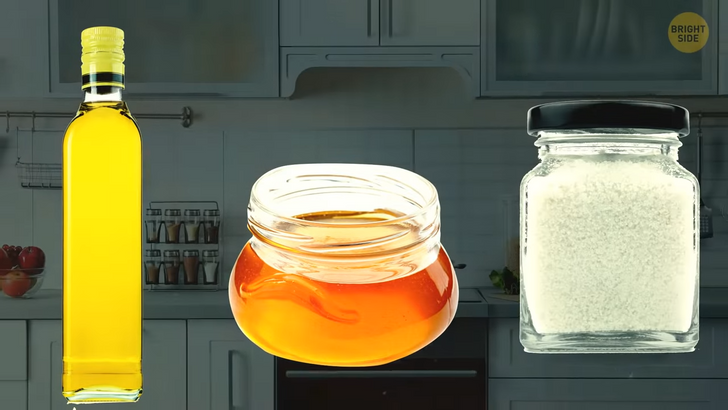
If you want to use soap, choose the natural options. Check if it has Glycerin in it. It’s a plant-based cleanser that keeps all useful moisture in your skin’s natural protective barrier.
Shea butter and coconut butter are used in hypoallergenic soaps. Lemon, rose, lavender, and cedarwood oils are often added to healthy scented soaps. Coconut and almond oil are also great moisturizers. All of it’s a great way to have some skin in the game.



